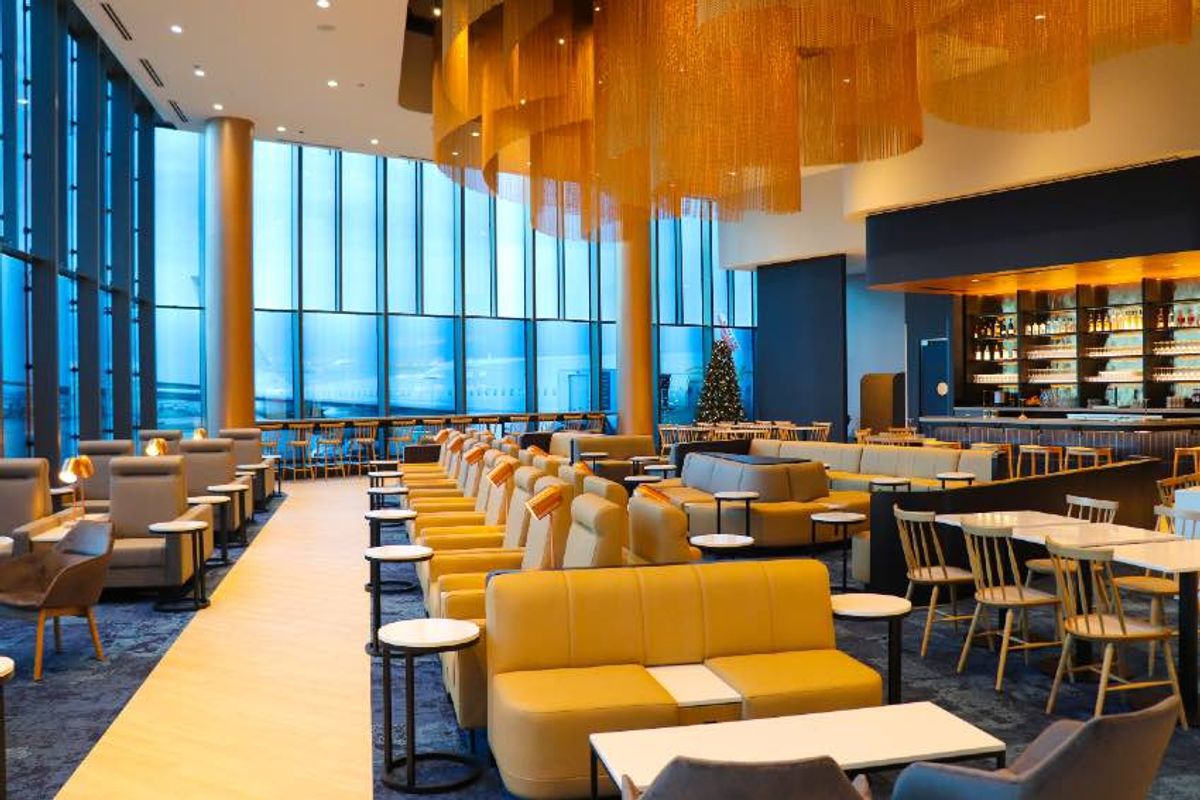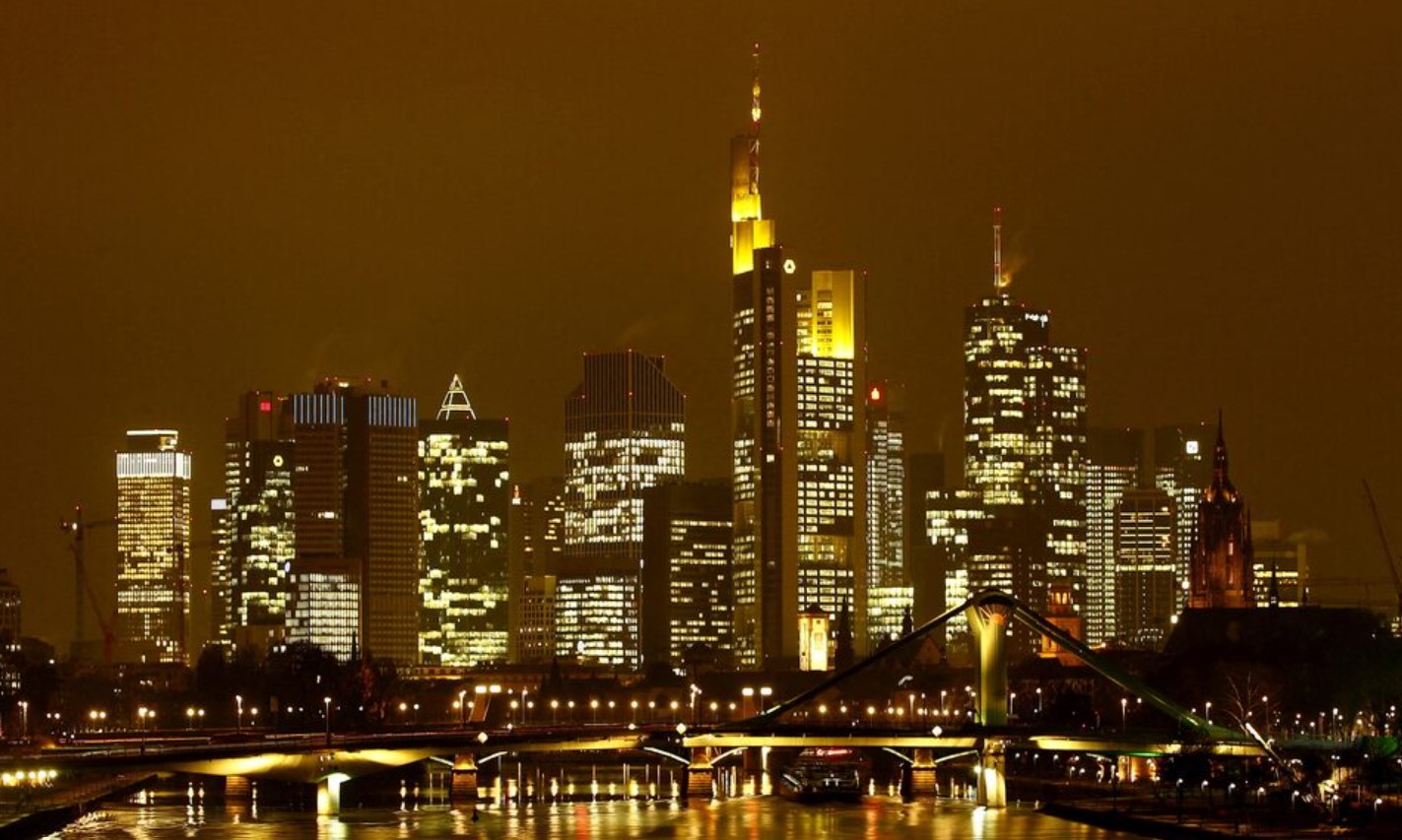World
Faced with global titans, can Europe chart its course in hospitality? | By Vanguélis Panayotis

The annual rankings of hotel groups make it clear that a large part of the hospitality “industrial” landscape is deeply influenced, even dominated, by American companies. They benefit from a huge domestic market to develop their model and then impose it on the rest of the world.
It is certain that on the Hospitality planet, the continental dimension can alone justify a relevant and viable model. It is therefore not surprising that Chinese operators have taken the same path as their American colleagues with similar methods. Meanwhile, in Europe, the major players are unable to play the same score together and are pursuing strategies that are too fragmented.
For an Accor group which holds its beachheads well or a British IHG, mostly present in America than in Europe, there are dozens of American or Chinese groups which cover their own markets and other continents with their brands and of their practices.
What is true in hotel operations is also true for distribution and digital marketing. Faced with Booking.com, Expedia, Airbnb and other global Trips, we can deplore the absence of a key player in Europe, despite the efforts of the European Commission to bring it about.
In fact, the entire American ecosystem is moving forward, with a “full spectrum” strategy, its hotel operators in the lead, supported by investment funds, banks, asset managers, developers of technological solutions, booking and rating platforms and data providers. They all speak the same language and share a natural culture and proximity. This de facto status quo is difficult to challenge.
To a different degree, but with a similar logic of control and protection of its Asian zone of influence, the Chinese model operates on the same autarkic and united principle.
Therefore, are European players condemned to accept a fait accompli? Should they resolve to operate with the tools and rules of the game of the masters of the world?
At this point, it kind of is. They are more influenced by them than they are by their own autonomous model. And yet, it is neither talent nor expertise that European players lack. In France particularly, but also among our major European neighbours, practices are well-established, tools are developed, initiatives are original, concepts are imagined.
But when there are three or four flagships vying for leadership, the fleet cannot deploy all its power or counter the influence of the titans well established on their dominant position.
It is illusory to think of quickly reversing the balance of power, but that does not mean that we should give up on making European music heard in the global concert of the hotel industry.
By its central position, by its culture and its past and recent achievements, France has the legitimacy to take this European leadership in hospitality, in the same way as other European nations can take it in industry, finance or commerce.
It has already developed on its territory all the strategic components for conquering global markets, in real estate, financial and operational engineering. But it lacks the global dimension, the support of European partners who accept it as leader. What a great challenge in this Olympic year!










